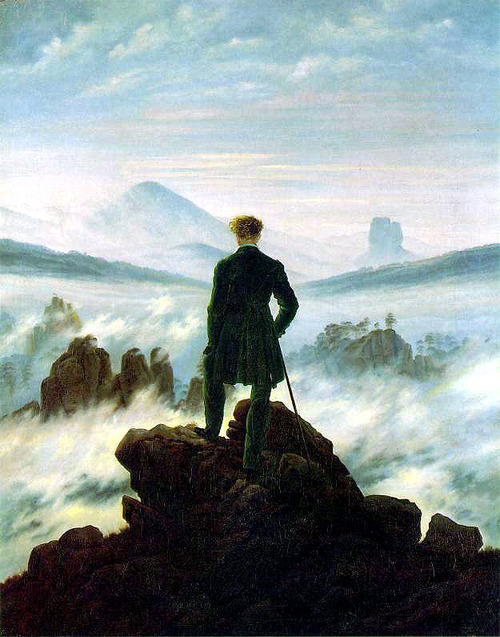To remember:
- John Stuart Mill: sole end for which mankind are warranted, individually or collectively, in interfering with the liberty of action of any of their number = self-protection.
- liberal conception of freedom > fully realized in context of liberal democracy > both liberal freedom + liberal democracy = ideals expressed by Mill.
- Both traditional feudal societies & modern Enlightenment societies fall short of their ideals + individuals who jointly comprise these societies fall short of the ideals of freedom embodied in each respective social order.
- the liberal + the illiberal conception of freedom = equally opposed to the anarchic conception of freedom => called the Hobbesian conception of freedom = freedom obtaining in the state of nature = perpetuall warre of every man against his neighbour
- The theorist of illiberal freedom > > the individual could never be sovereign over his own body & mind until he had achieved the discipline over body and mind that is the ideal of the illiberal conception of freedom
+
Preceding
The Illiberal Conception of Freedom 1
+++
Related
Grand Strategy: The View from Oregon
Sunday
 John Stuart Mill, philosopher and economist.
John Stuart Mill, philosopher and economist.
In my previous post, The Illiberal Conception of Freedom, I attempted to describe a conception of human freedom that has become distant and alien to us, but which was familiar to everyone for the greater part of human history. Much more familiar to us, living after the Enlightenment, is the liberal conception of freedom, which had among its greatest exponents John Stuart Mill. Here is one of his classic statements of the liberal conception of freedom:
“…the sole end for which mankind are warranted, individually or collectively, in interfering with the liberty of action of any of their number, is self-protection. That the only purpose for which power can be rightfully exercised over any member of a civilised community, against his will, is to prevent harm to others. His own good, either physical or moral, is not a sufficient warrant. He…
View original post 1,403 more words
























































Pingback: Freedom In Christ | From guestwriters
Pingback: Lots to be said about freedom an illusion or possible reality | Marcus Ampe's Space